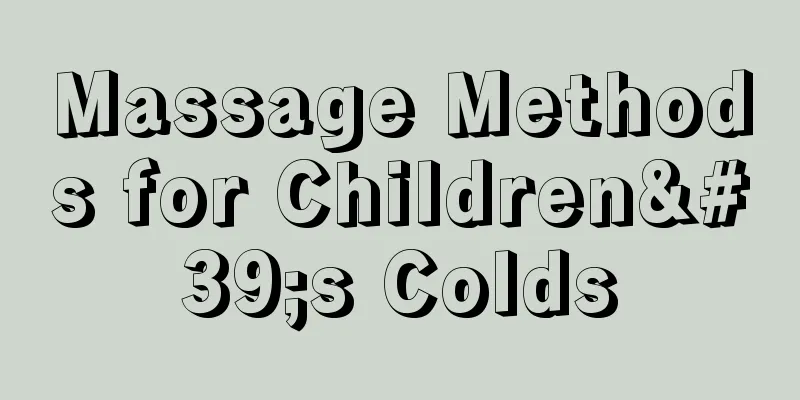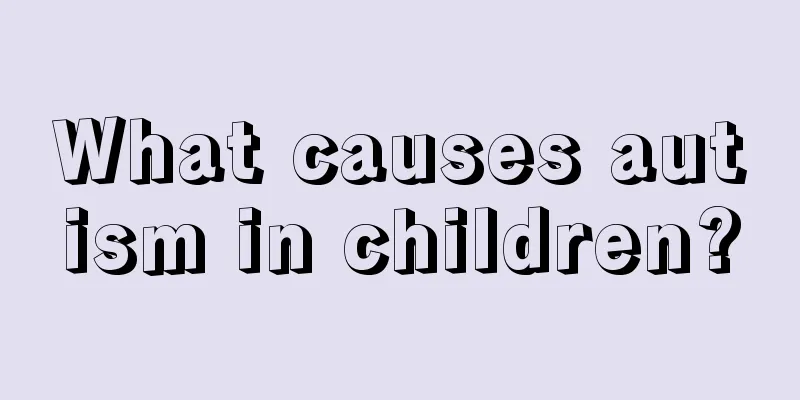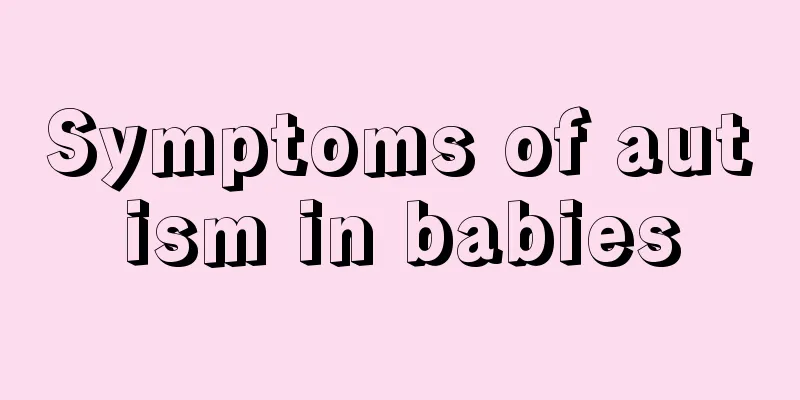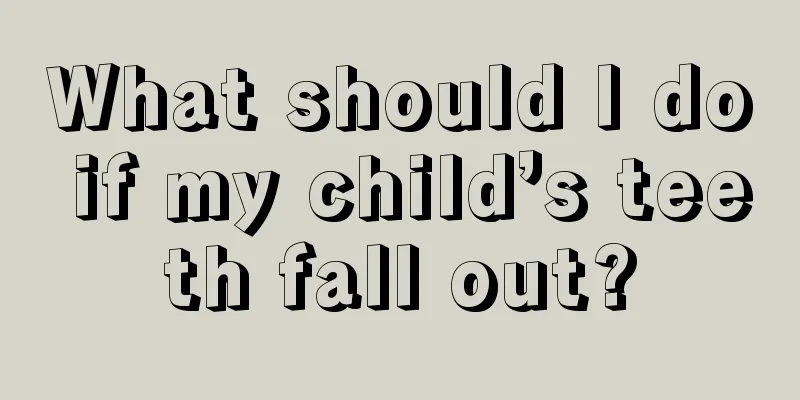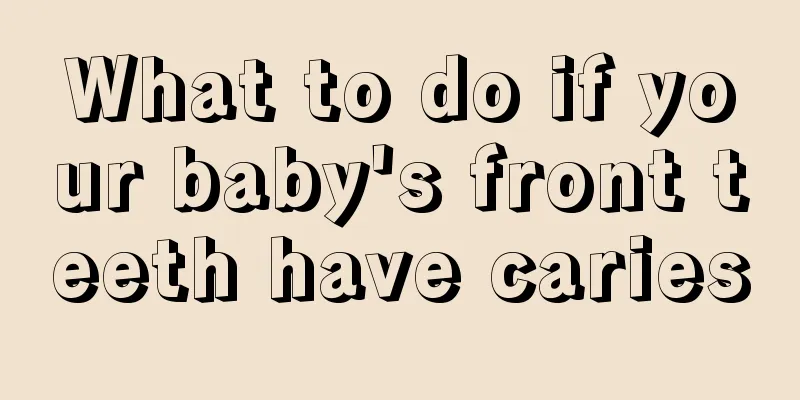What should I do if my one-year-old baby doesn’t grow teeth?

|
Newborns do not have teeth. As they grow day by day, their deciduous teeth will emerge when they are about one year old. Don’t think that baby teeth are the teeth that will accompany your child throughout his or her life. When a child is about ten years old, the first batch of baby teeth will fall off, and the teeth that grow afterwards will accompany the child throughout his or her life. Many parents have found that when their baby is one year old, they have not grown a single deciduous tooth. What should they do? If the first tooth has not grown by the age of one, it is called late eruption of deciduous teeth. It is mostly caused by rickets and malnutrition. If your baby's nutritional status is good and he has already taken vitamin D, and now he shows signs of teething such as drooling, then the teeth are about to grow out. If you are worried, you can go to the dentist to check whether the tooth is already there but has not yet come out. You can consciously give your baby some hard food such as biscuits to let him grind his teeth and promote tooth eruption. How many months does the baby start teething? When a baby is born, there are no teeth in his mouth. Normal babies start to grow teeth at an average age of six months. Depending on the baby's physical condition, some babies start to grow teeth at 4 or 5 months old, while some babies start to grow teeth at around 1 year old. Mothers don't need to worry, as it is normal for babies to grow teeth at one year old. When the baby starts to grow teeth, the mandibular central incisor begins to erupt, and the baby grows one tooth per month. At about one year old (twelve months), the baby will have six teeth. By the age of 2 and a half, all 20 deciduous teeth will have grown out. The enamel of all deciduous teeth is mineralized within 1 year after the baby is born (1.5 months-11 months), and all deciduous teeth erupt within 2 years after birth (6 months-24 months). Therefore, within one year after birth, if the baby develops systemic or local disorders, it will affect the development of deciduous tooth enamel, leading to tooth development defects and susceptibility to caries. Therefore, when the baby starts to grow teeth, the mother should take good care of the baby's teeth, so that the baby's teeth will be healthier. Symptoms of teething in babies Babies will have some abnormal performance during teething, and different babies will have different performances. Generally speaking, the symptoms of baby teething mainly include the following nine aspects: 1. Pain: Your baby may show signs of pain and discomfort. 2. Bad temper: The discomfort caused by teething can make the baby bad tempered and cry a lot, which is especially obvious one or two days before teething. 3. Red cheeks: Mothers may notice red spots on their baby’s cheeks. 4. Drooling: The excessive saliva produced during teething will cause the baby to drool frequently. 5. Chewing, biting or chewing things: If you put anything near the baby's mouth, he may do the above actions. 6. Swollen gums: Check your baby's mouth to see if there is any redness or swelling on the gums. 7. Restless sleep: Your baby may wake up in the middle of the night and seem irritable, even though he had been sleeping soundly before. 8. Increased body temperature: Teething can cause the body temperature to rise slightly, so your baby may feel a little hotter than usual. 9. Butt pain: Although we don’t know the reason yet, some mothers have noticed that babies are more likely to suffer from diaper rash and may have loose stools when they are teething. |
<<: Yellow water flowing from baby's ears
>>: Why can't children grow meat even if they eat?
Recommend
Baby diarrhea tofu dregs state
Parents with babies at home should pay attention....
What is the method for children to remove scars?
It is actually very common to see scars on childr...
What should I do if my child has buck teeth?
If children do not pay attention to oral hygiene ...
When is the best time to correct hunchback in children?
Everyone knows the great harm of hunchback, such ...
What to do if children have a fever after eating too much
Nowadays, babies are the center of the family. Pa...
What should babies eat if they are prone to getting angry?
If your baby is prone to getting angry, he should...
Two month old baby has umbilical hernia
We all know that when the fetus is in the mother&...
What to do if your baby has white bubbles in his throat
Many adults are very concerned about the physical...
What to do if a six-month-old baby has diarrhea
Families all hope that their babies can grow up h...
How many times a day is normal for babies under one month old?
When seeing a baby who is less than a month old, ...
How to prevent colds in children in spring
Everything grows in spring, and many bacteria are...
The baby is 16 days old and the umbilical cord has not fallen off yet
Newborn babies usually have part of the umbilical...
What is the importance of early education?
The physical health of children is something that...
What should I do if my three-month-old baby doesn't eat well?
When giving birth for the first time, many mother...
What to do if your two-year-old baby hits people
Babies are very curious and are willing to imitat...

